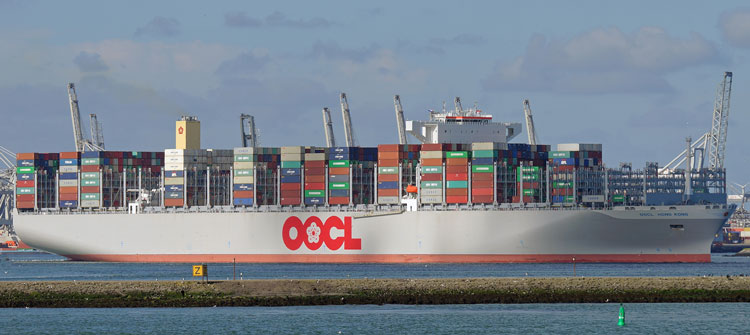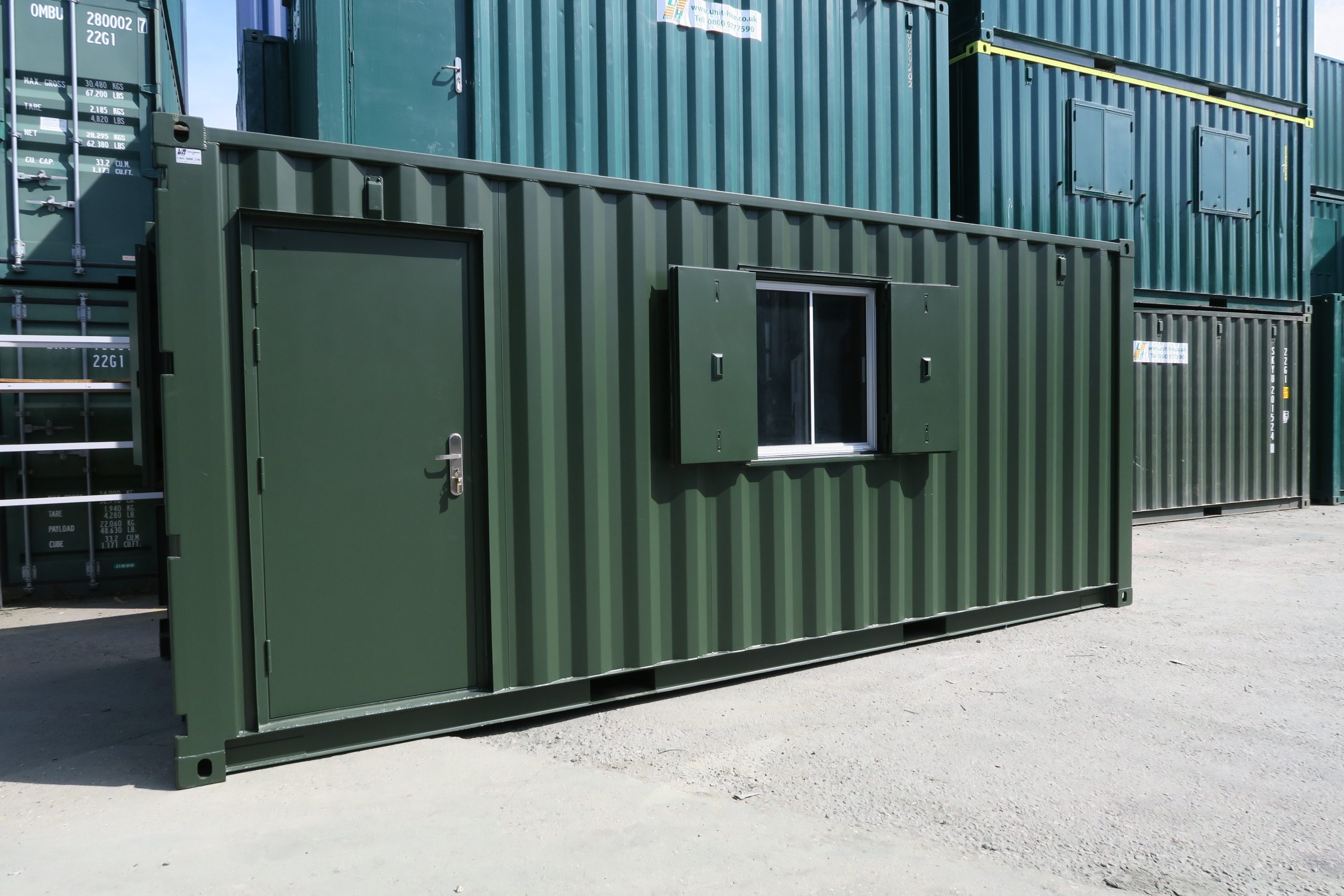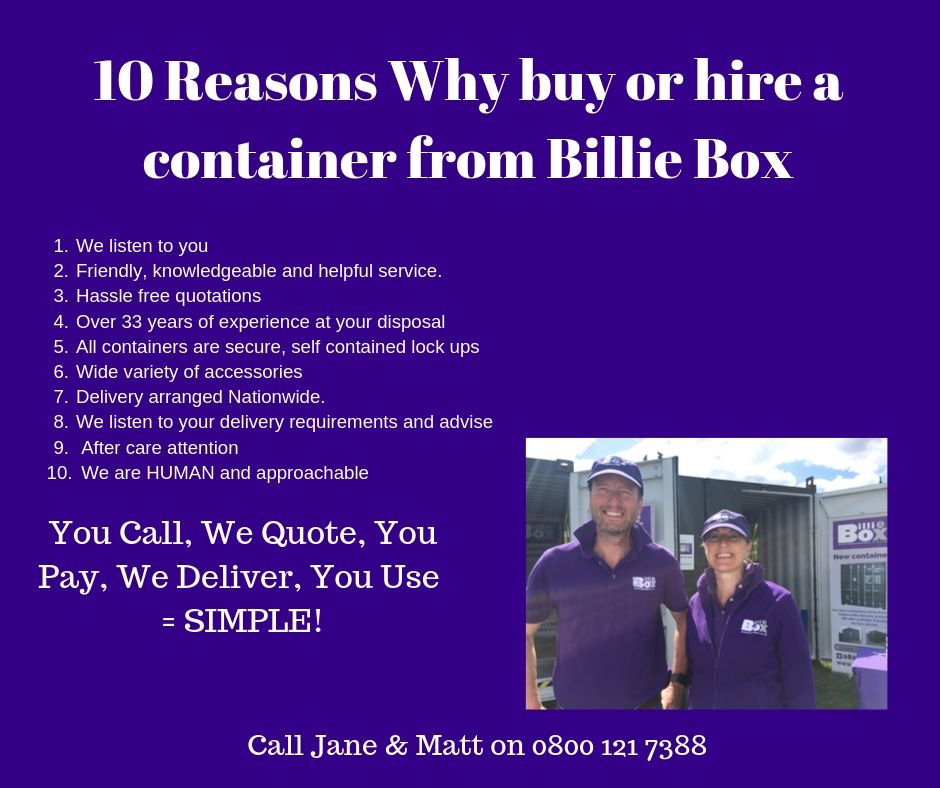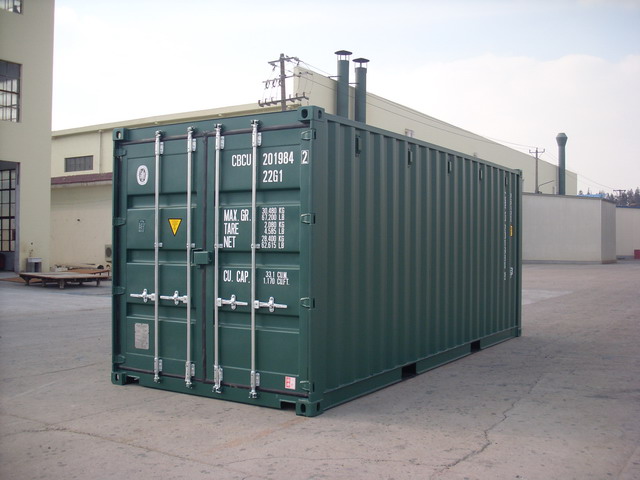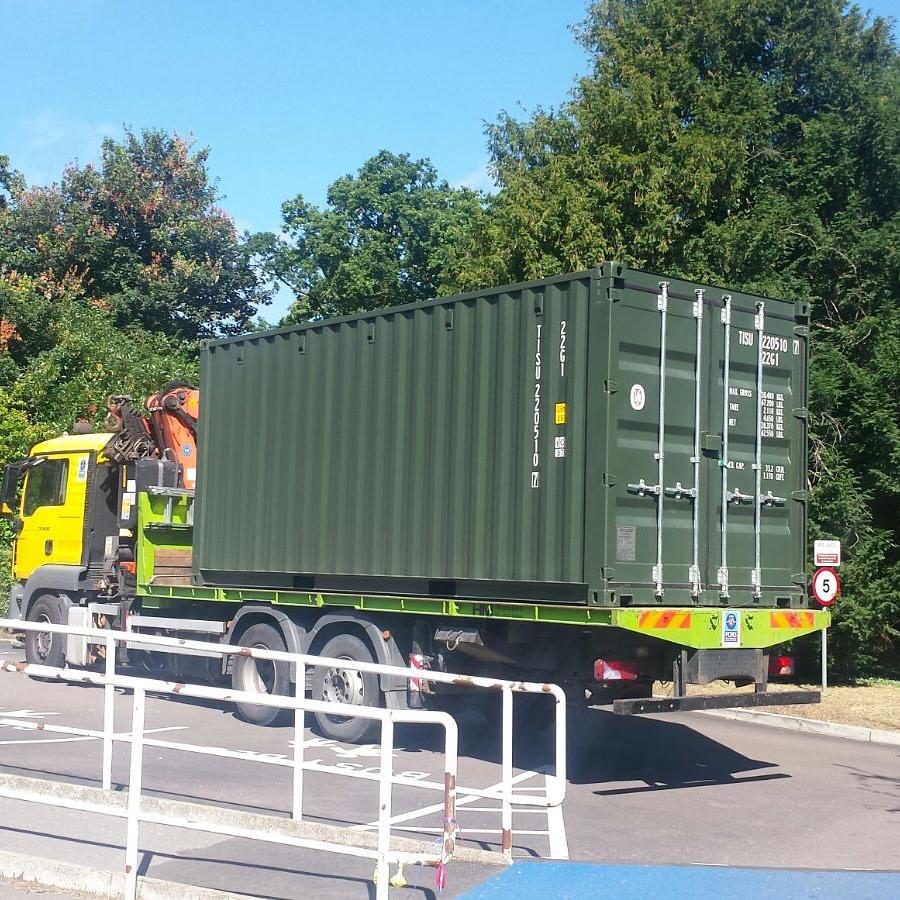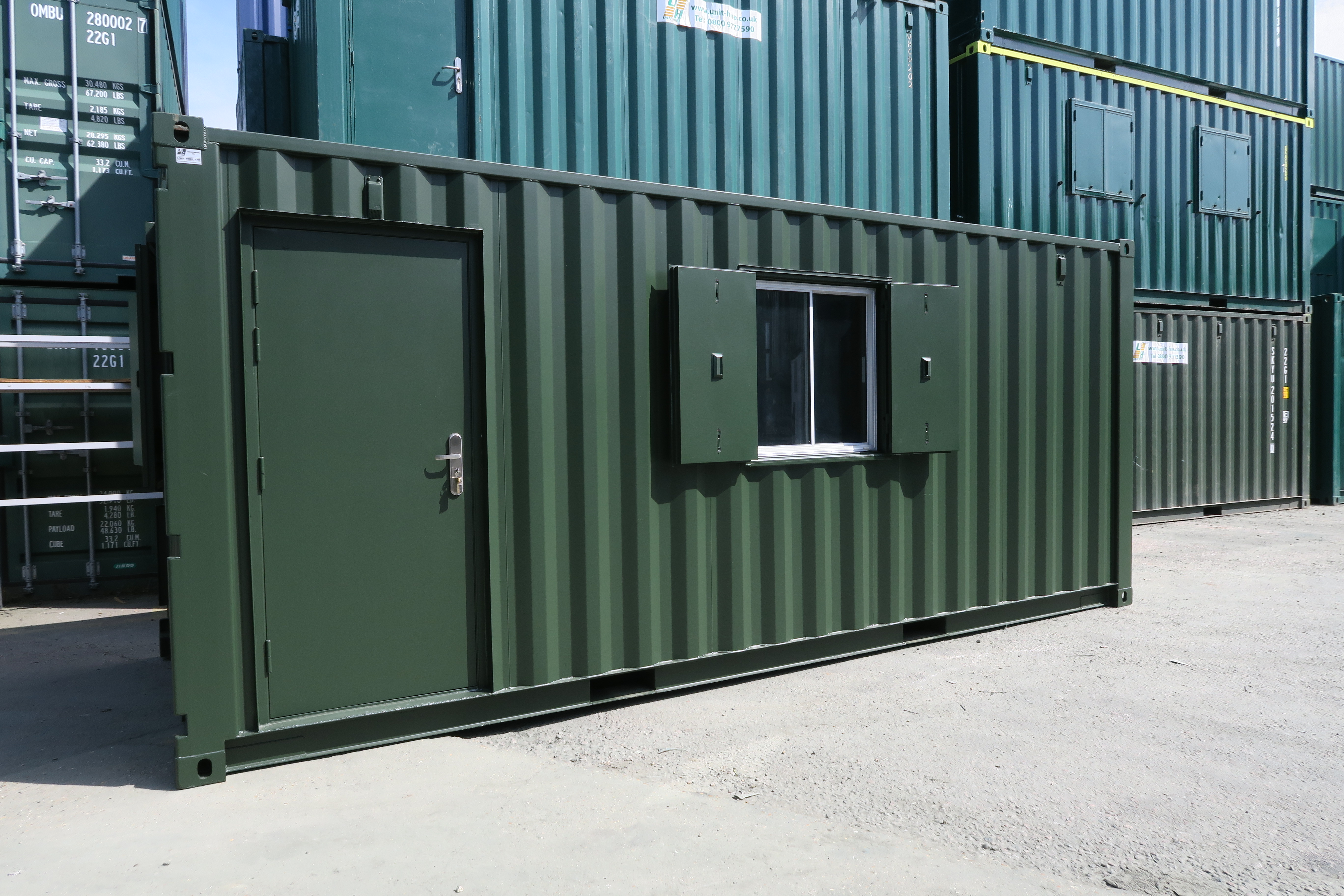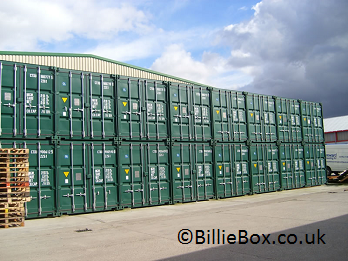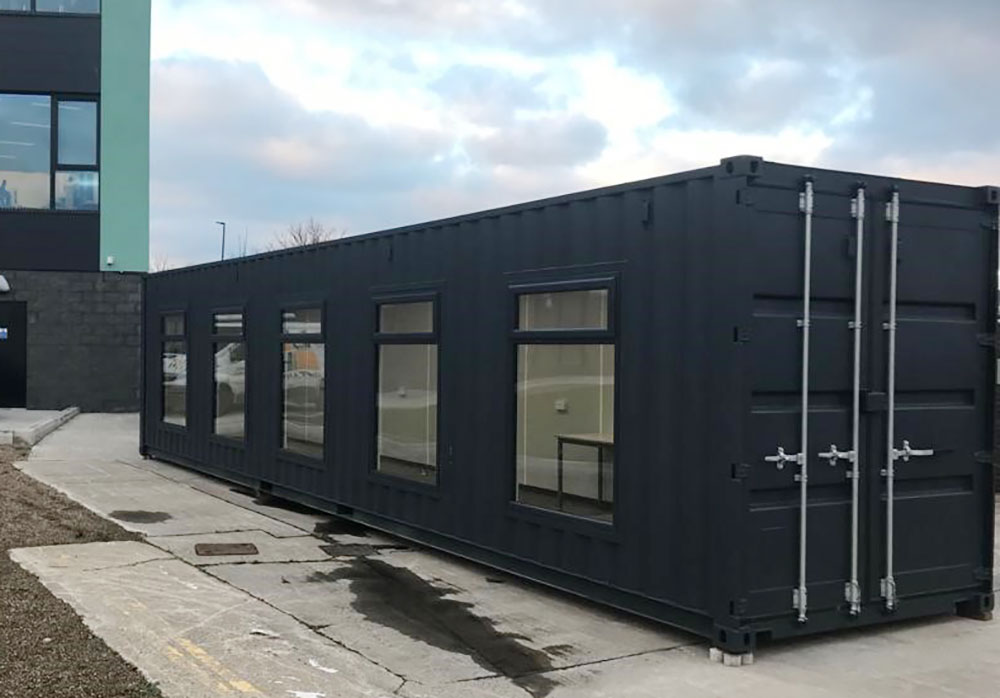More Facts about Shipping containers
The Box that transformed the World…. On the 26th April 1956, a crane lifted 58 aluminium truck bodies aboard an aging tanker ship moored in Newark, New Jersey. 5 days later the ‘Ideal-X’ sailed into Houston, where 58 trucks waited to take on the metal boxes and haul them to their destinations. This was the …

